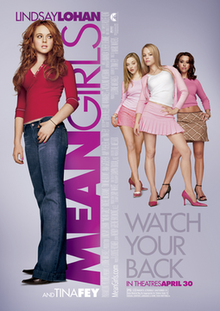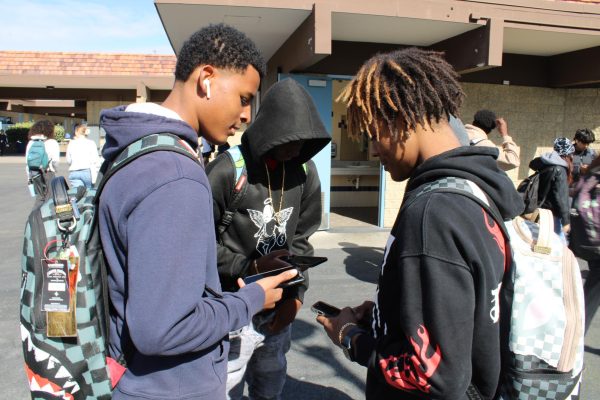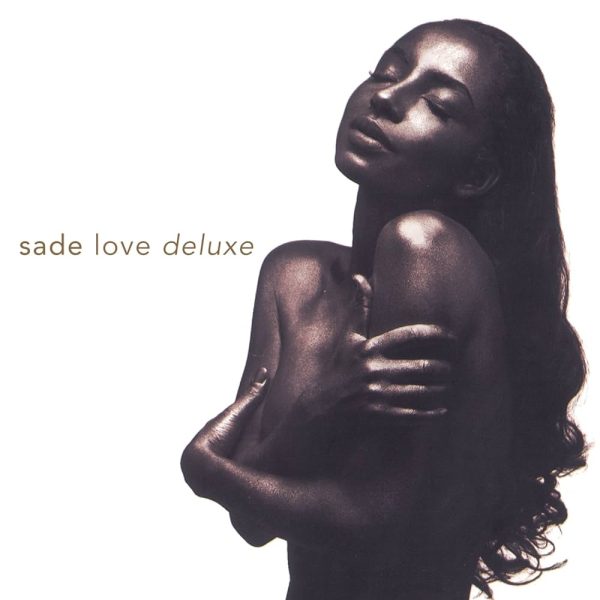Mean Girls: Fact Or Fiction

April 17, 2019

“I want you to raise your hand if you’ve ever had a girl say something bad about you behind your back.” I raise my hand. “This time I want you to raise your hand if you have ever said anything about a friend behind her back.” I raise my hand again, as would most people.
Many girls, especially around my age, have probably engaged in this type of indirect aggression towards their friends. I often find myself shocked when I see my own friends being incredibly civil to one another, then completely insulting one another behind each other’s back. To paraphrase Cady Heron, this is how “girl world” operates differently from the real world. A plethora of Mean Girls quotes are regurgitated for Instagram bios and Buzzfeed quizzes, yet this film is often overlooked in its accurate portrayal of how negatively women can treat one another in day to day life.
Arguably one of the most iconic films of the early 2000’s, and newly turned broadway musical, Mean Girls has become a cultural phenomenon worldwide. Written by Tina Fey and directed by Mark Waters, Mean Girls is a story about a new student, Cady Heron (Lindsay Lohan), who is forced to confront the animalistic world of high school cliques and the brutality of how girls seem to treat each other there. As she befriends Regina George (Rachel McAdams) and the Plastics, the group dominating the social ladder, Cady’s past of being homeschooled in isolation provides the viewer with an outsider’s look at high school dynamics. Whether it was because of the “iconic” quotes like “On Wednesdays we wear pink!”, or the burdensome reality of its message on girls’ behavior, the film resonated deeply with viewers. As a result it has become a cult classic, able to resist the effects of the changing times and remain relevant. Nevertheless, people tend to overlook the message behind Mean Girls, and its intelligent critique of our society that lays beneath its snarky dialogue and exaggerated depiction of high school life.
As Cady starts to adapt to the world of the Plastics, she discovers a distinct difference with how “girl world” and the real world operate. She observes that girls tend to be sneaky, backstabbing and tricky. This behavior, so it happens, has been backed by research. In a Royal Society Publishing study, scientists found that women tend to engage in a form of indirect confrontation that involves bumping one another down the social ladder and cutting each other off from social circles. During the film, Cady herself compares the way high school students behave to how animals in the wild compete with each other. Although these two groups seem distinctly different, there are remarkable similarities as well. While meanness can be exhibited by both men and women, regardless of gender, the film focuses on women’s relationships, and how toxic girls can be to each other. No matter how exaggerated Mean Girls may seem, the social interactions within the film offer valid criticism on how women treat one another in real life, and how society and mainstream culture intensifies these tensions.
Throughout the film, Cady witnesses the way women compare themselves to each other, how they attack one another by calling each other “fat” and “ugly”, and how they spread rumors to sabotage each other’s reputation. Instead of encouraging each other, they tear one another down to get a boy’s attention or to become more popular. They impose society’s expectations of women to be skinny or sexy onto one another. Anyone that doesn’t necessarily fit that mold is automatically torn to pieces. There’s even a scene within the film where Cady goes over to Regina’s house for the first time. There, she witnesses girls scrutinizing themselves for the first time. Regina complains of her “huge pores”, Karen of her nail beds, and Gretchen of her hairline. The film shows us how the Plastics came to be, and how early sexualization through the media as well as society’s expectations shaped them to become the mean girls. The film criticises not only the mean girls themselves in this way, but also the media and society that lead mean girls to act the way they do.
As Cady learns from the Plastics and plots to overthrow Regina, she begins to become one of the Plastics herself. Eventually she is faced with the consequences of lashing out with more toxicity, and Cady instead takes responsibility for her actions and understands how her behaviour contributed to the toxic dynamic of the mean girls. She instead made efforts to apologize and make amends and faced punishment. In this way the film delivered an important message: it’s ineffective and counterintuitive to fight mean girls by being mean. One has to embrace positivity, and try to encourage their fellow women. Beyond high school, mean girls exist in adult life as well. Women have pushed one another down in the media and daily life, encouraged by the likes of the fashion and entertainment industry, where they are told to look and act a certain way in order to be loved. They follow celebrity diets to be “thin and ageless” like Jennifer Aniston or Angelina Jolie, compromising their own health to please others. This toxicity has turned women against each other in all walks of life, where instead they should be united and lift one another up, especially in a society and political climate that often threatens their fundamental rights as human beings. When faced with this kind of marginalization, coming together as a community and standing up for one another, rather than acting like “mean girls”, is crucial.
Although audiences tend not to look too deeply into Mean Girls, they fail to understand how the film criticises the effects of modern life and society on women. Unfortunately, instead of gaining a new perspective and looking to change the relationships women have with one another, the film is used for its “iconic quotes” to attract viewers and products. Audiences need to take a closer look at Tina Fey’s high school drama, for they will gain a different point of view on not only high school teenagers, but also their own lives. Mean Girls is not just a quote on a Starbucks cup – it’s much more than that.













